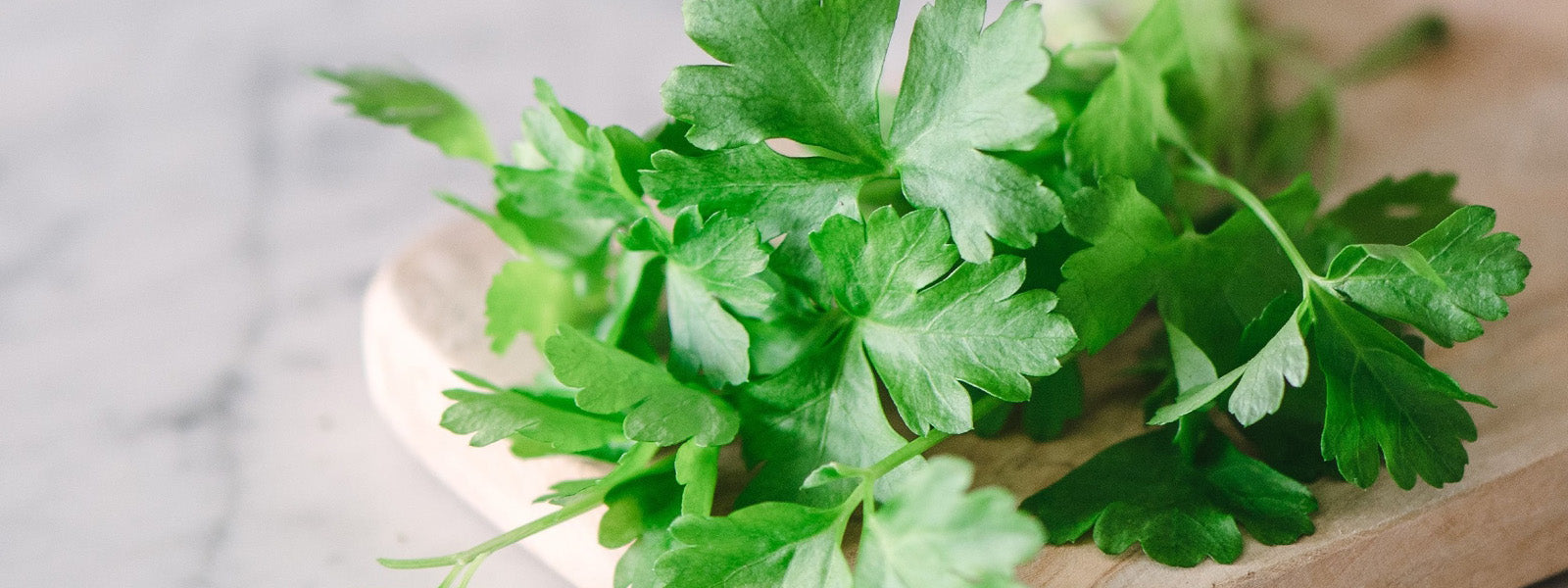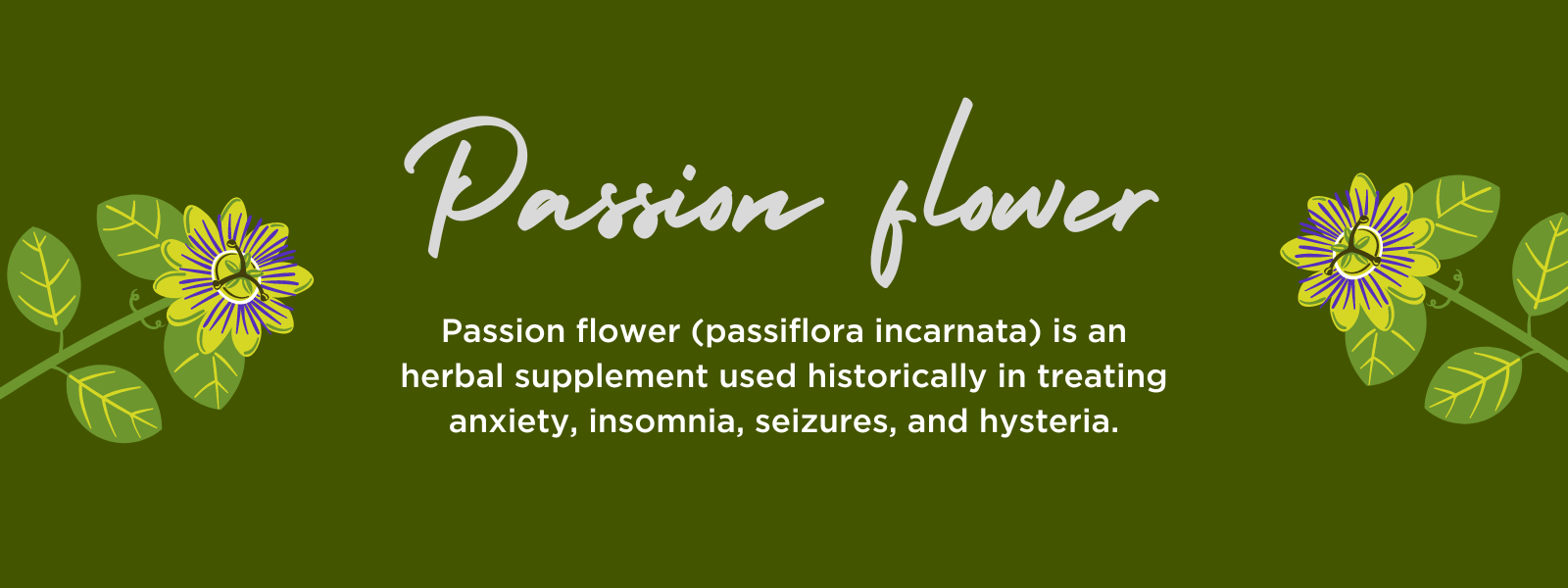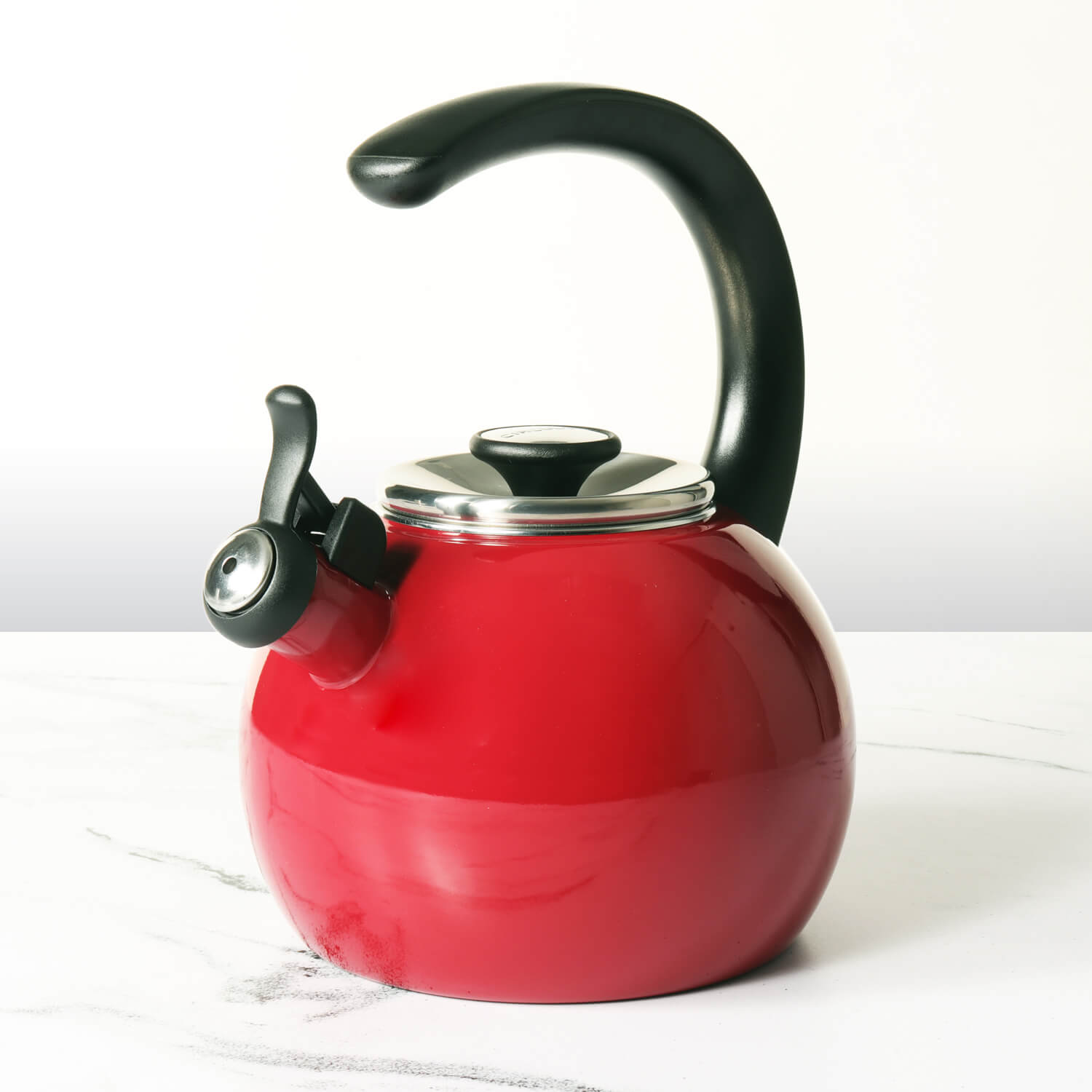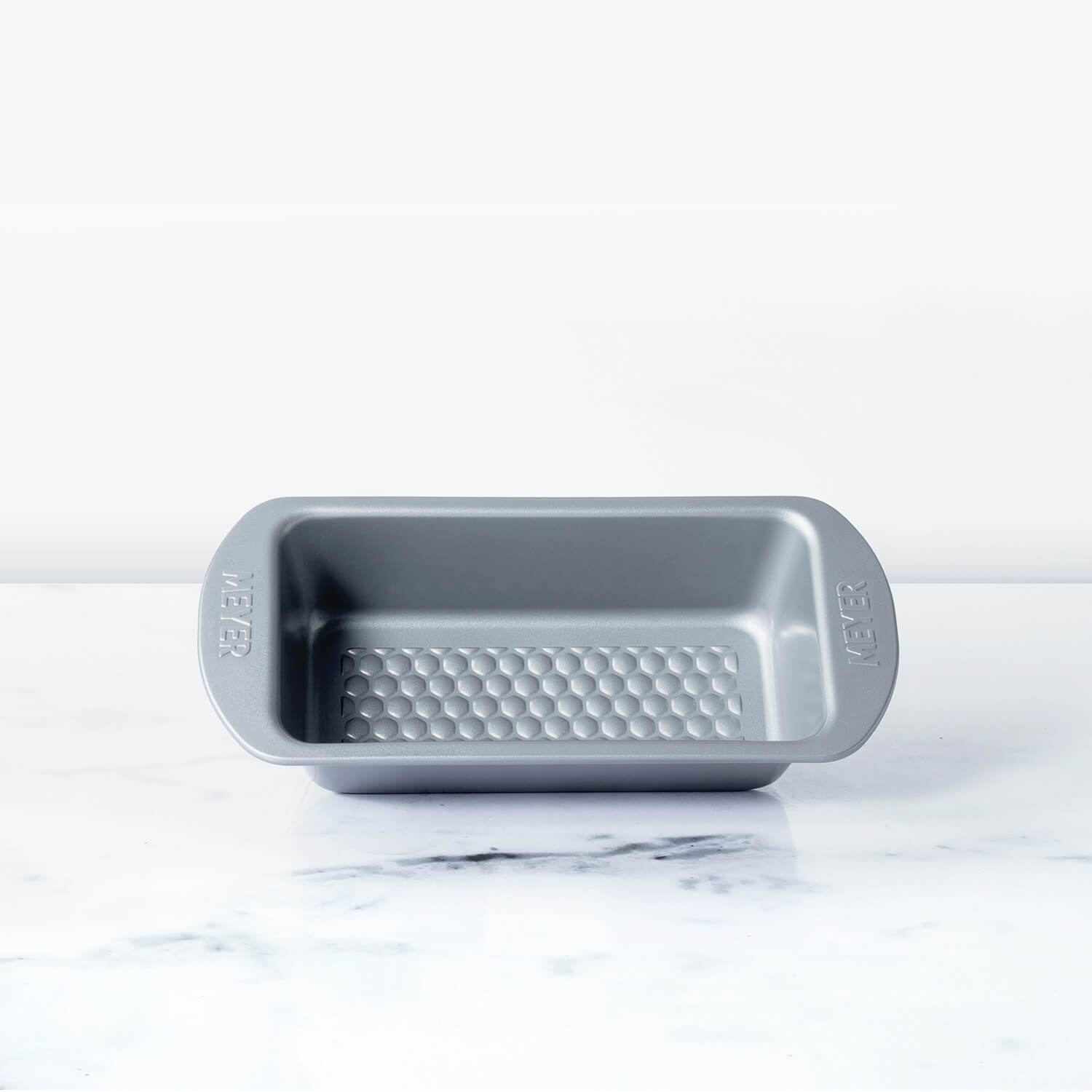The herbaceous plant Prunella vulgaris has therapeutic properties. This herb, which grows huge leaves and purple blooms, has been used for generations to treat a variety of illnesses. Many contend that it can help lower the risk of illnesses including cancer and diabetes, as well as infections and viruses. Due to its anti-inflammatory and antioxidant characteristics, it is well known to provide health advantages. Some of the advantageous substances it contains include flavonoids, tannins, and the ursolic, rosmarinic, and oleanolic acids.
Nearly all continents in the globe have historically used Prunella vulgaris. It offers a wide range of therapeutic benefits, such as antibacterial, anti-inflammatory, antipyretic, antiseptic, antiviral, astringent, carminative, diuretic, antioxidant, and many more. Prunella can be used in salads, soups, and stews as well as consumed on its own. The term "heal all" was used in traditional Chinese medicine to describe liver diseases.
It is believed that the Prunella blossom itself resembles a neck. It has been demonstrated to have a preference for the throat and to be beneficial in treating conditions affecting the throat. It also enjoys a long history of use as a herb for treating wounds.
Plant description:
Low-growing perennial Prunella vulgaris has a subterranean "weed" that shoots up a red stem with blue-violet blooms at the end. Prunella's therapeutic benefits are derived from these flowering stems, which bees like. In open, dry, and sunny grasslands, prunella flourishes.
Health benefits of Prunella vulgaris:
- Has antiviral properties
These days, viral infections are rather typical, and the prunella vulgaris plant has long been used to treat such infections. It has potent antiviral capabilities and can be extremely effective in curing viral infections.
- Eliminates allergies
Anyone who suffers from an allergy understands how unpleasant and irritating it can be. Prunella vulgaris is used to treat such allergic reactions since it has anti-inflammatory qualities. Pinkeye and recurrent sore throats have both been shown to respond well to it.
- Treats injuries
This plant's vulnerary, demulcent, and astringent properties make it an excellent healer of wounds. It is well renowned for its ability to heal scrapes, burns, and cuts.
- Controls diabetes
For people with diabetes, high blood sugar levels can lead to significant consequences. According to a study done on rodents, prunella vulgaris may help lower blood sugar levels. Compounds in the herb prevent the body's enzymes from breaking down carbs. Blood sugar levels may be reduced by this method. Prunella vulgaris may also guard against atherosclerosis, which greatly raises the likelihood of a heart attack.
- Handles herpes
Herpes simplex virus (HSV), which can cause contagious sores around the mouth and genitals, can be effectively treated with prunella vulgaris. According to a study, prunella vulgaris can stop the spread of HSV cells. Prunella vulgaris-containing topical lotions have also been reported to lessen the frequency of sores and skin lesions brought on by the virus.
- Possesses anti-inflammatory qualities
Prunella vulgaris may be used to treat a variety of inflammatory illnesses since it has anti-inflammatory effects. This herb has been shown to be effective against colitis, an inflammatory condition of the colon that can result in rectal bleeding and diarrhoea, according to a research done on mice. Researchers have yet to identify the herb's curative abilities, which may be useful in treating various kinds of illnesses.











Leave a comment